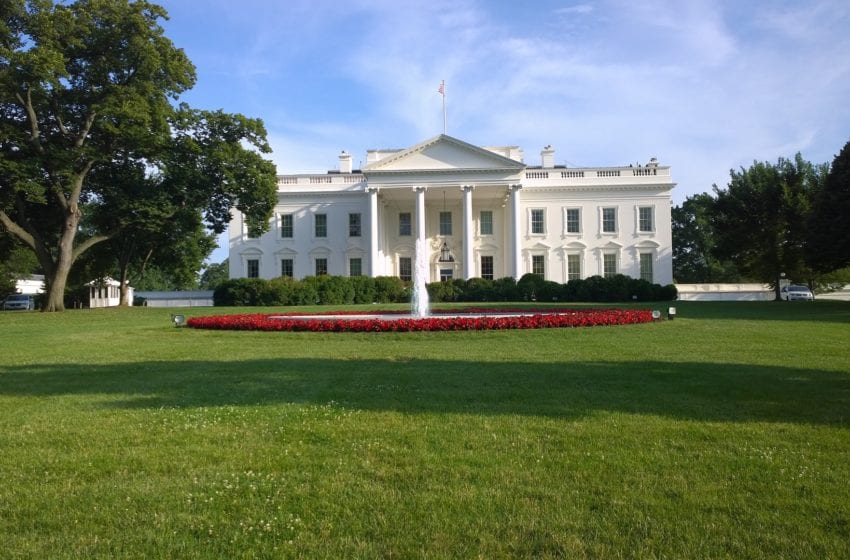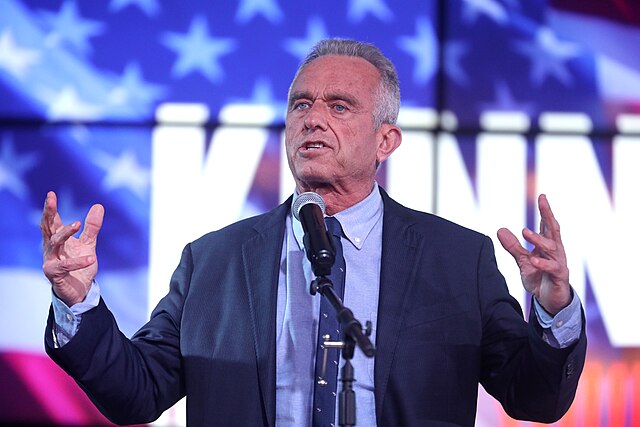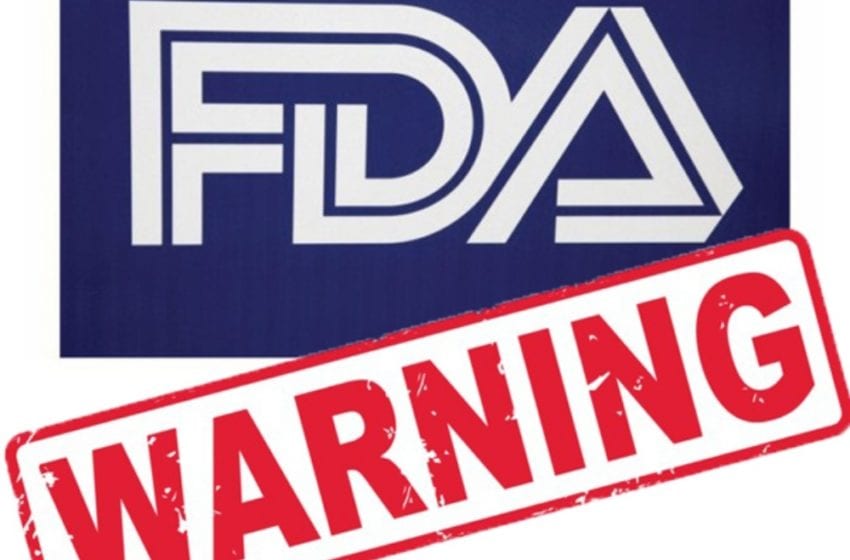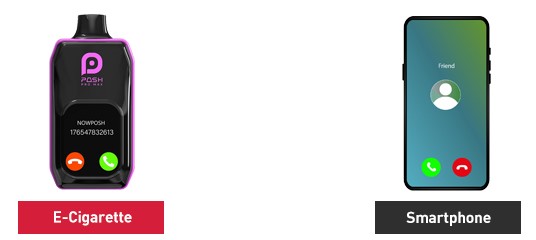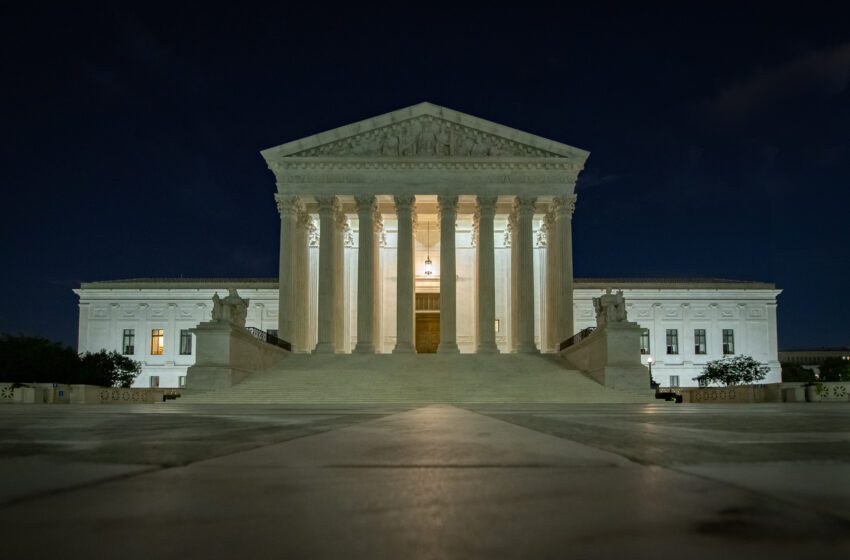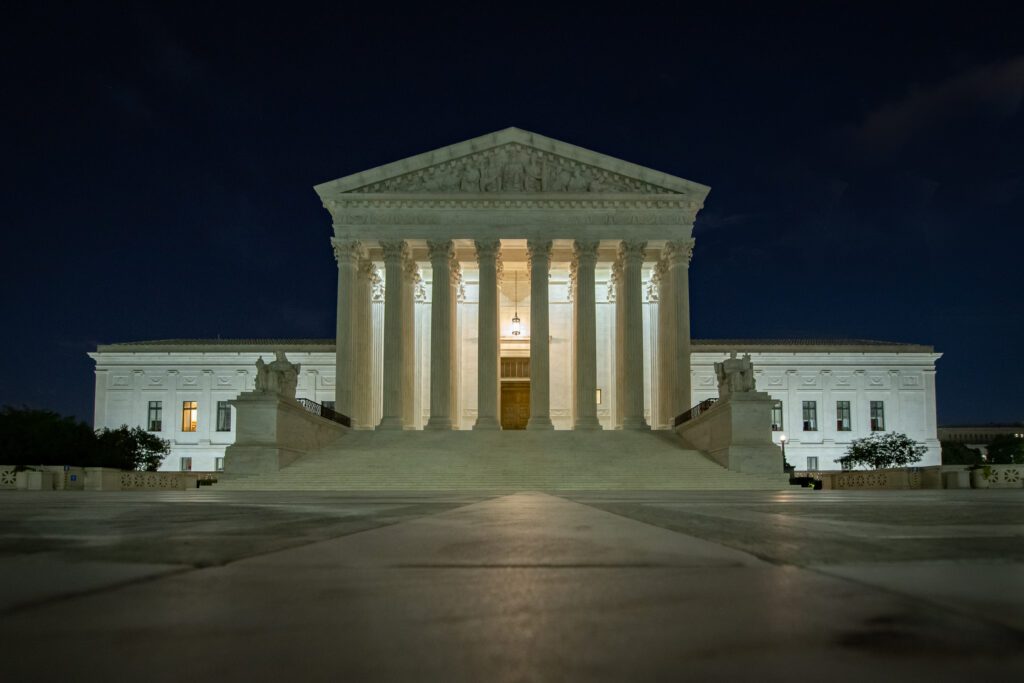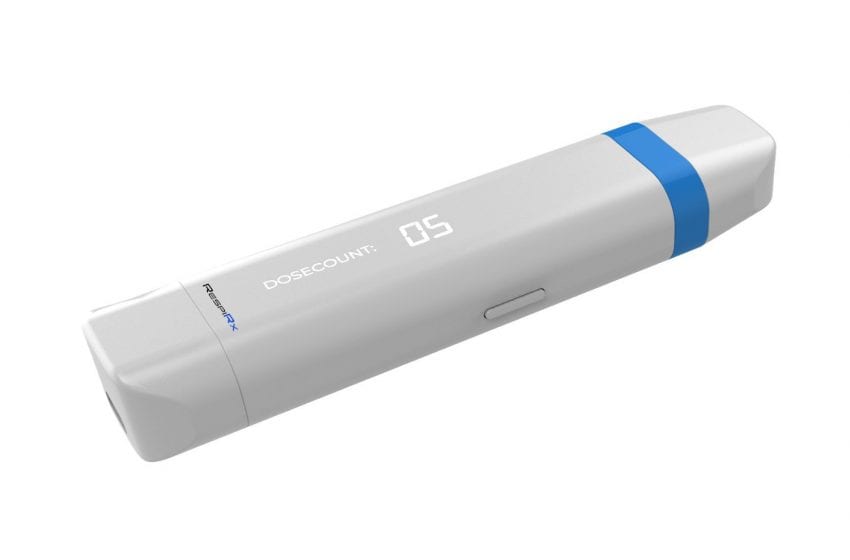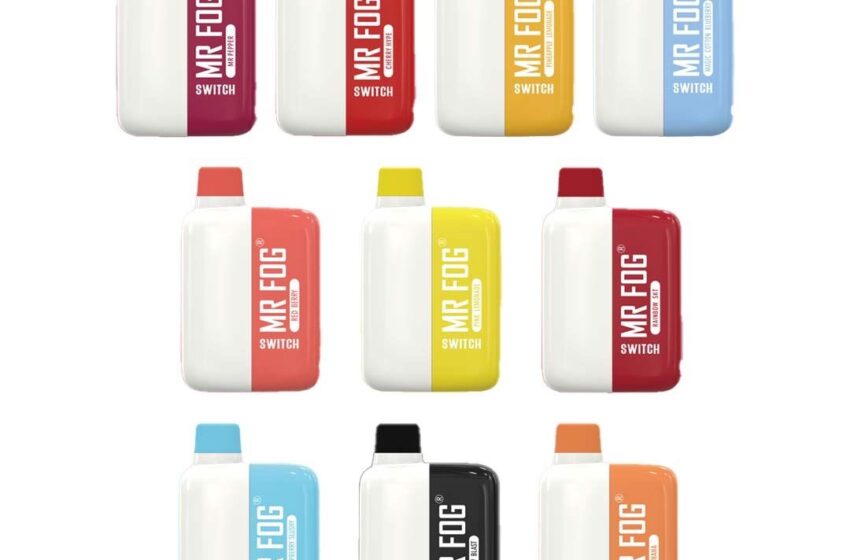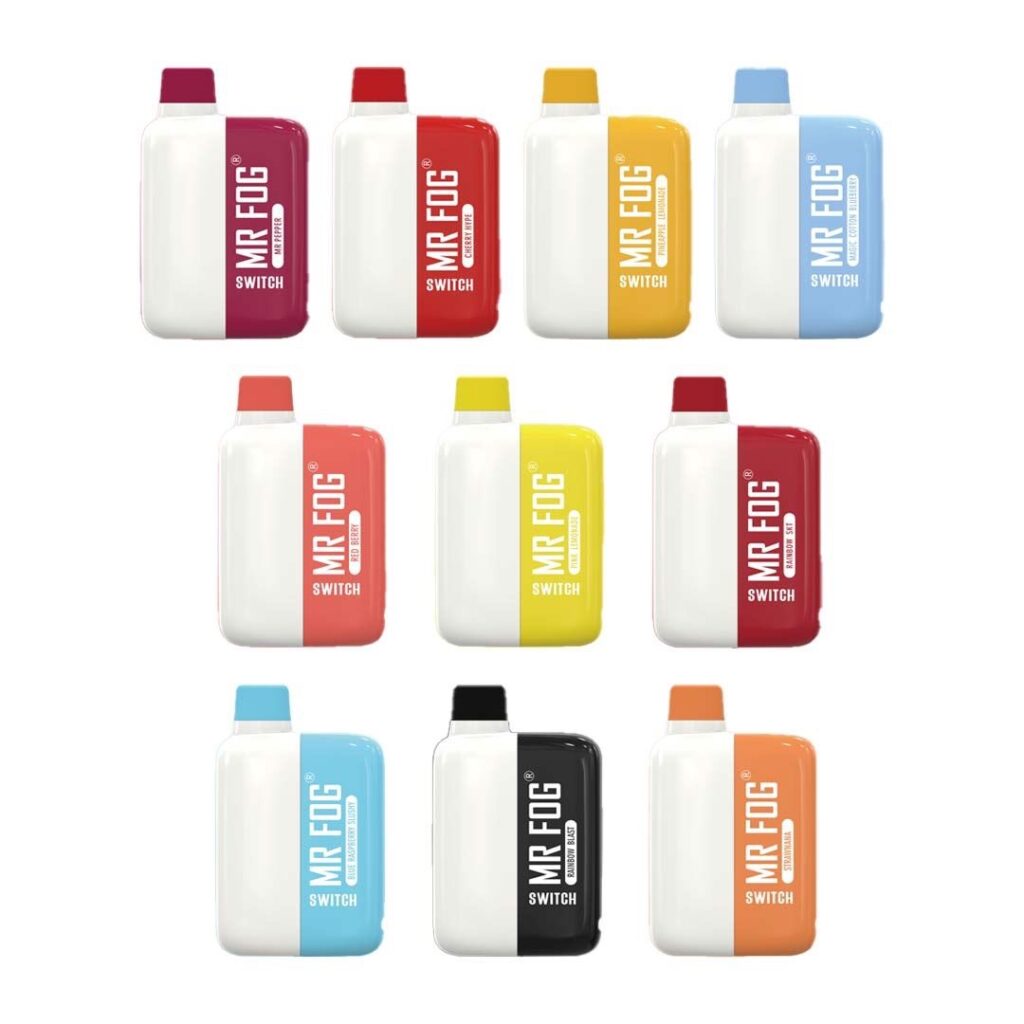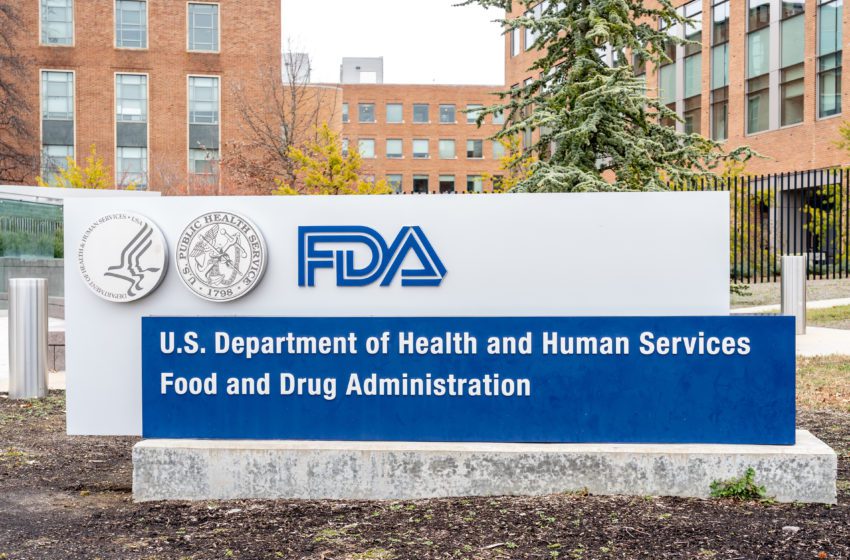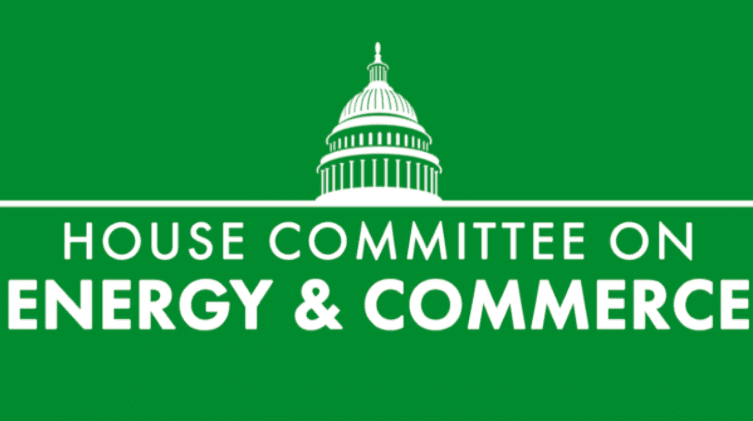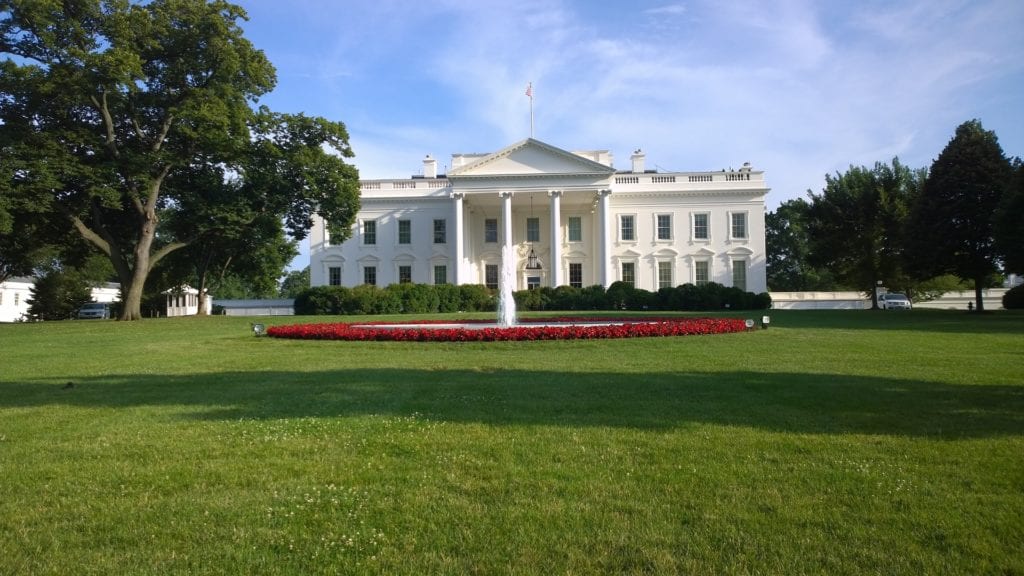
The Biden administration has proposed a rule that would significantly lower the amount of nicotine in tobacco products. The U.S. Food and Drug Administration’s efforts to counter the dangers of the chemical in stretch back to 2018, when it first proposed the idea.
Then, FDA Commissioner Robert Califf went even further in 2022 and announced that the agency was developing a rule requiring tobacco companies to reduce the amount of nicotine in cigarettes.
The next step in that effort occurred Tuesday when the FDA finally submitted its refined proposal to the Office of Management and Budget. There won’t be any immediate changes to tobacco products. The approval process for the Office of Management and Budget can take months. There will also be a public comment period, and the nicotine industry often sues the government to stop new regulations.
“A proposed product standard to establish a maximum nicotine level to reduce the addictiveness of cigarettes and certain combusted tobacco products, when finalized, would be among the most impactful population-level actions in the history of U.S. tobacco product regulation,” the FDA said in a statement reported by CNN on Wednesday.
When the FDA announced its initial plans to reduce nicotine in 2022, it estimated that reducing nicotine levels could keep more than 33 million people from becoming regular smokers, that about 5 million additional smokers would quit within a year, and that 134 million years of life would be gained.
In the draft proposal from 2018, which the FDA has since refined, it cited a 2013 survey that found that reducing the total nicotine content of cigarettes to 0.5 milligrams per rod would minimize addictiveness. Still, it also said that questions remain with respect to the precise level of nicotine in cigarettes.
The agency’s proposal was met with high praise Wednesday.
“Once finalized, this rule could be a game-changer in our nation’s efforts to eliminate tobacco use,” said Harold Wimmer, president and CEO of the American Lung Association. “Making tobacco products non-addictive would dramatically reduce the number of young people who become hooked when they are experimenting. To fully address the toll of tobacco on our nation’s health and across all communities, it is critical to reduce nicotine levels to non-addictive levels in all commercial tobacco products, including e-cigarettes.”
Not all smokers would quit if nicotine levels were limited, experts say, nor would all smoking-related diseases disappear since tobacco products contain other chemicals that can be harmful to health.

